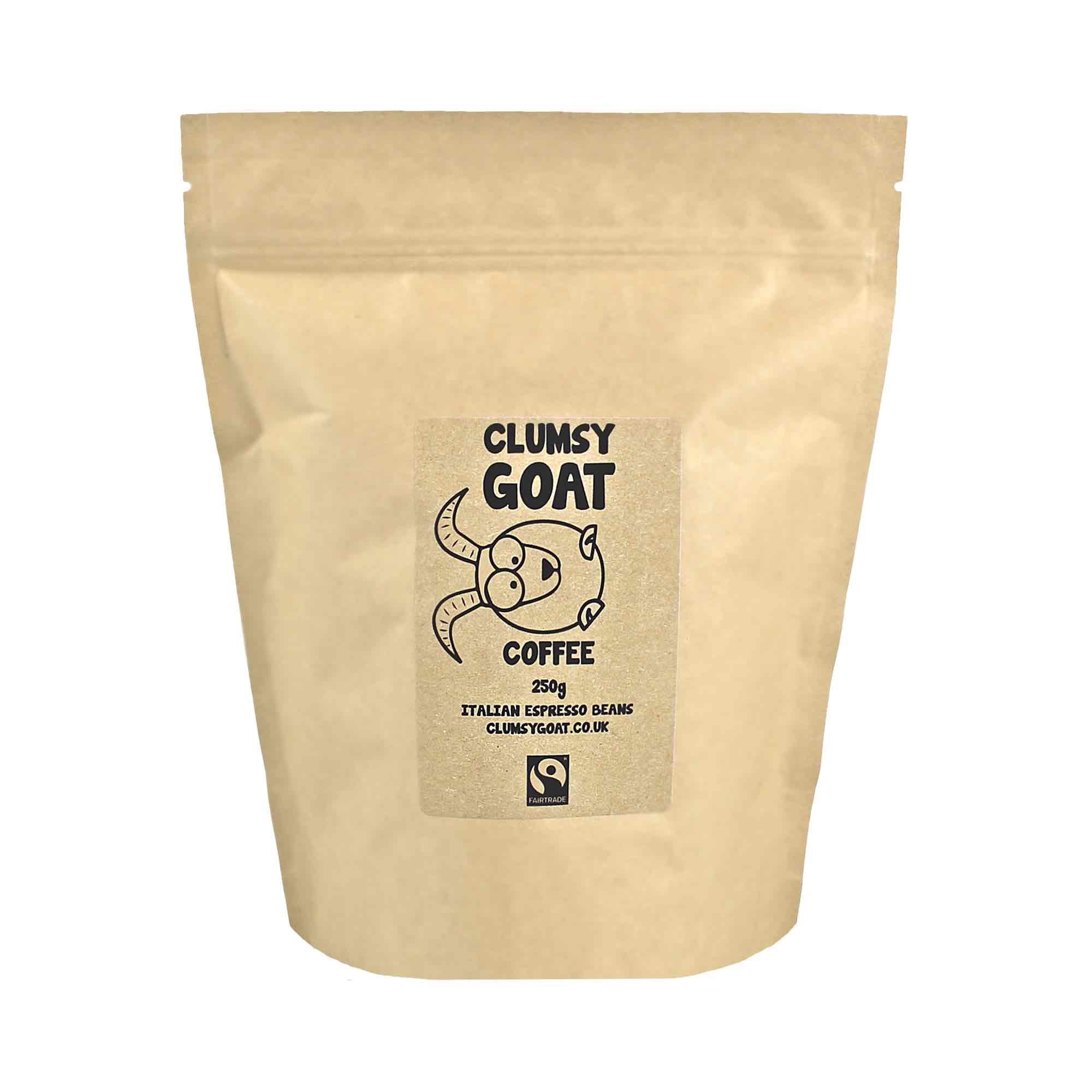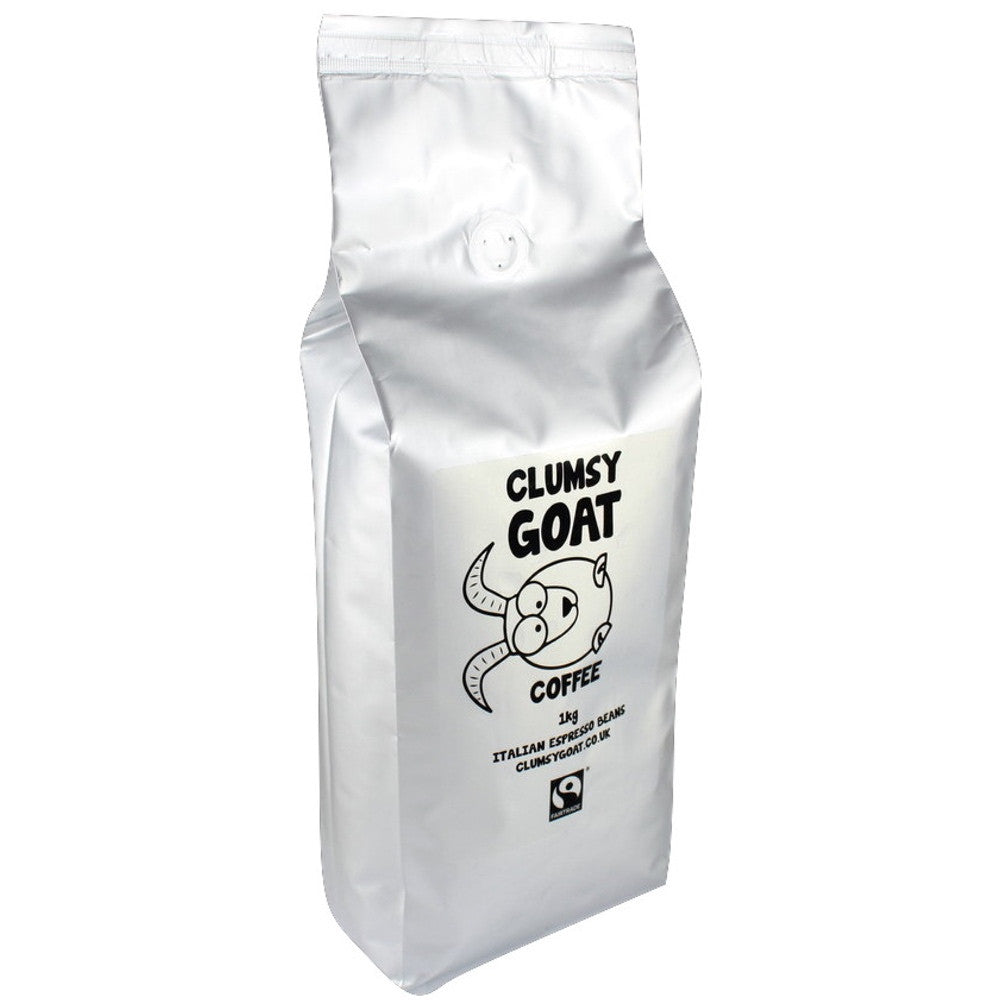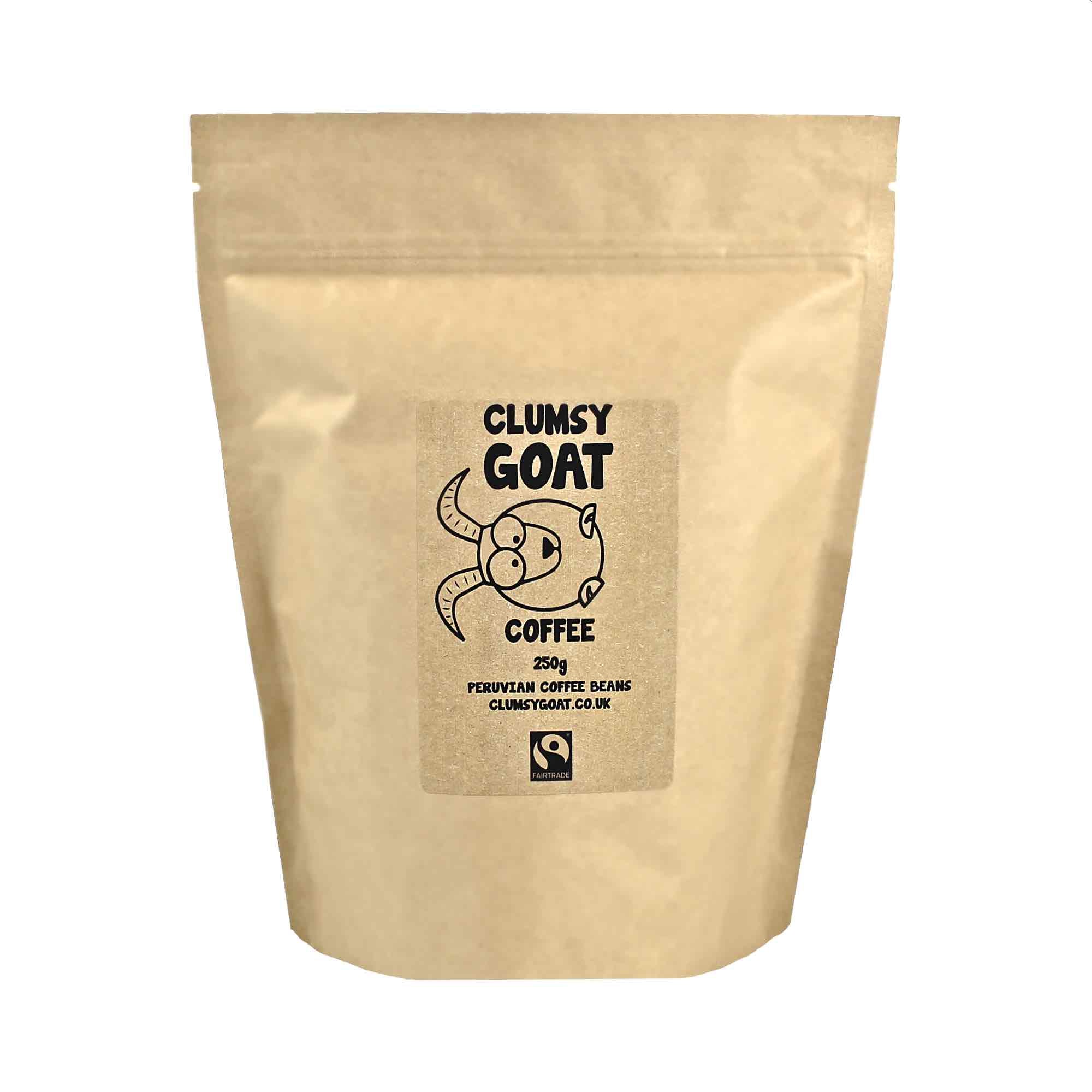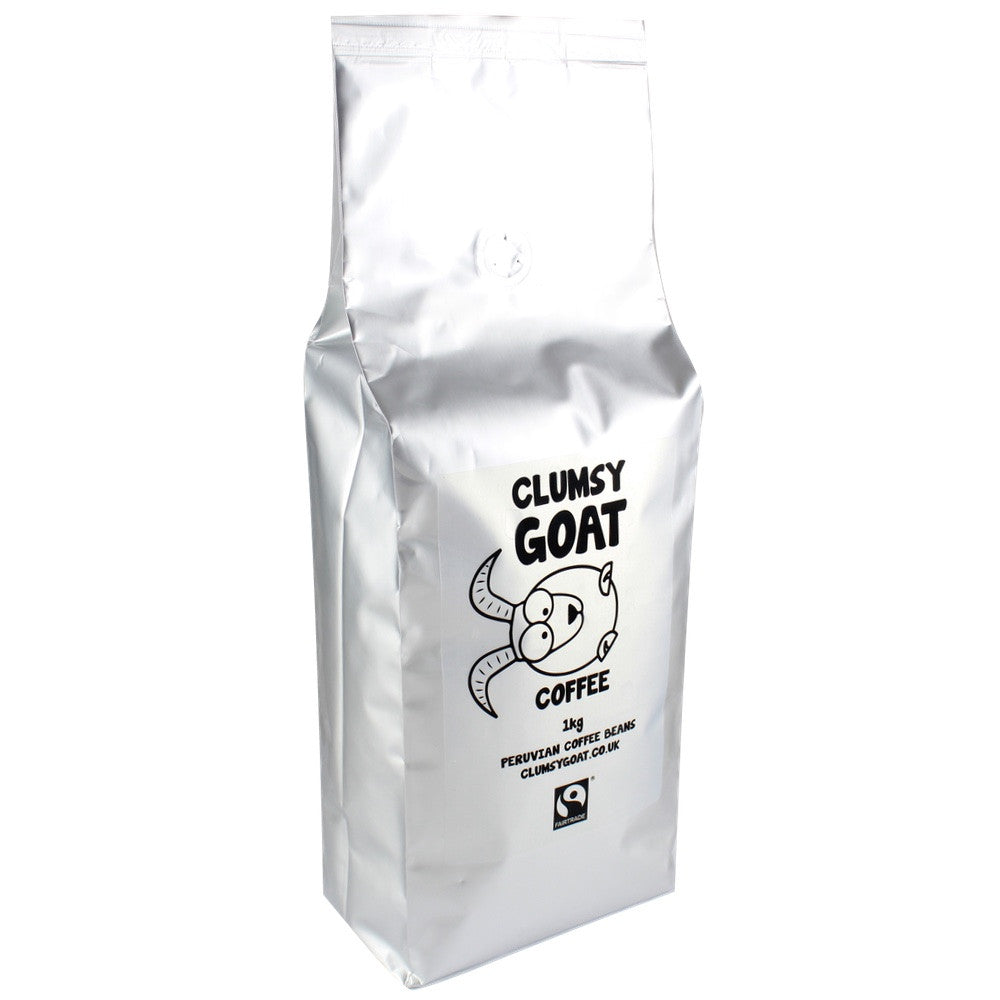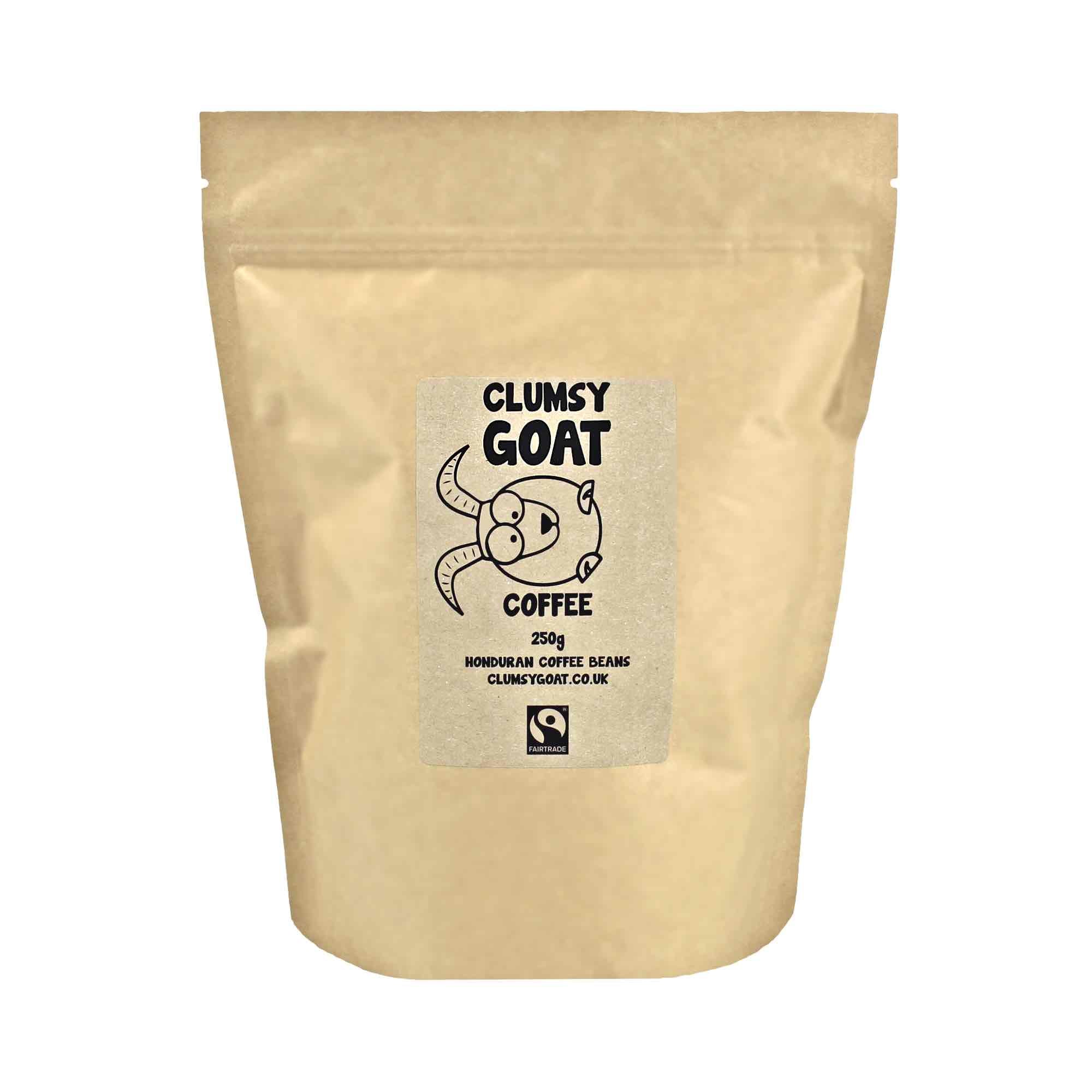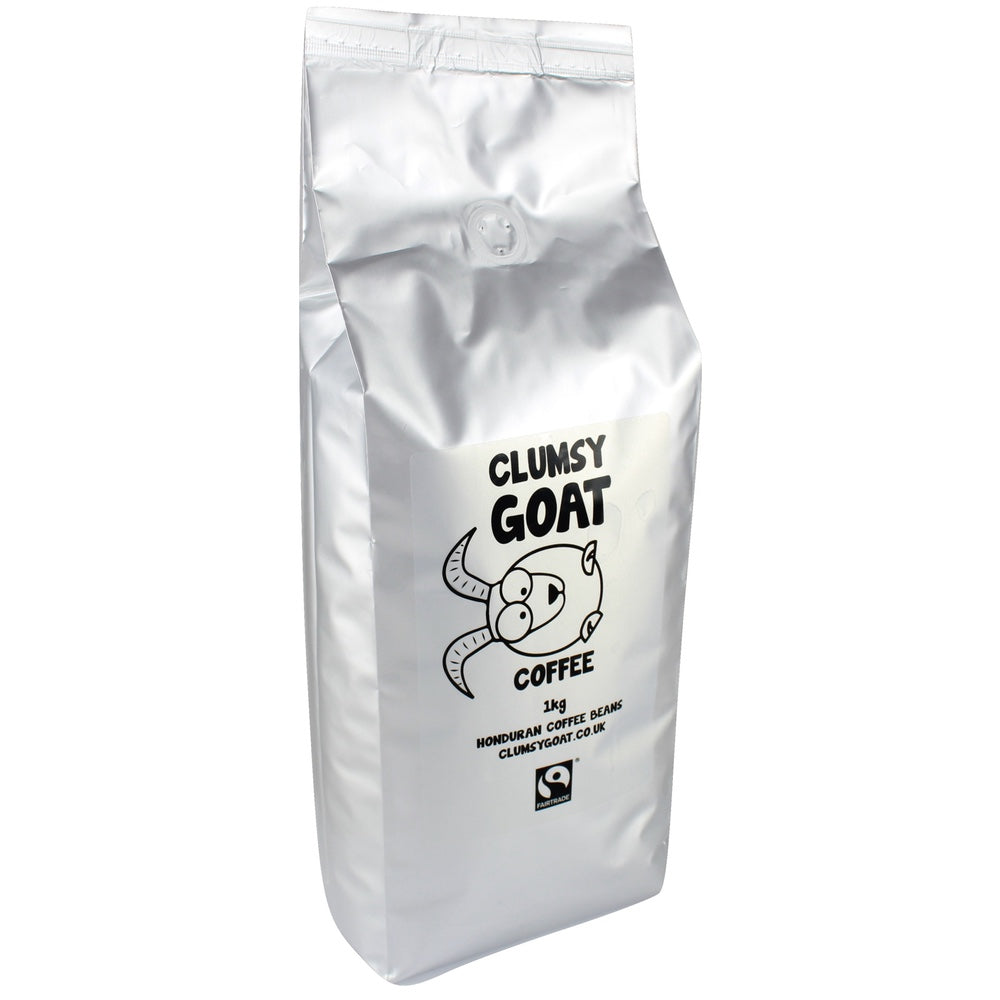You might be reading this as a seasoned sipper who’s looking to brush up on coffee related trivia, or perhaps you’re pretty new to the world of coffee and you’re venturing into unknown territory. Either way, hopefully I can help you out by shedding some light on a topic that’s not always as black and white as it’s often thought.
Firstly, there are many different species of coffee plant, but the Arabica and Robusta plants are the two that are grown commercially for coffee consumption. The most important difference between the two is the where they’re grown. Generally speaking, Robusta plants are the hardier of the two crops and can withstand greater heat and sunlight. This makes them capable of growing in low altitudes in very hot countries. Arabica plants, on the other hand, are more delicate and require cooler, subtropical climates. Because of this, Arabica plants grow best in moist, rich soil, at high altitudes that offer shade as well as sun.
You might have noticed that coffee from the Arabica plant tends to be more expensive. This is partly because of the difficulty involved in growing and harvesting it. The Arabica plant requires frequent care and attention from skilled farmers as it’s more susceptible to damage from pests, whereas the Robusta plant is easy and cheap to grow. What also sets these two apart, in terms of production cost, is Robusta plants yield a much greater quantity of coffee per acre.
Generally speaking, Arabica coffee is regarded as the superior coffee. The taste is often described as sweeter and softer, and the flavour can take on unique characteristics that can vary greatly depending on the country it’s grown in. These flavours are delivered by a coffee that’s often high in acidity, which can give the coffee tangy, fruity characteristics that are similar to those you get with acidic wines.
Coffee from the Robusta plant tends to be more full-bodied and higher in caffeine content. Rather than sweet tasting notes it has a richer, deeper flavour with an earthy, almost nutty aftertaste.
Some people regard Robusta coffee as too harsh. It’s true that the cheaper supermarket coffees, especially instant coffees, are almost always Robusta, and we all know how bitter some of these can be if you don’t pick carefully. However, the characteristics of Robusta coffee serve a real purpose in the coffee world. Some of the best espresso blends use a mix of Robusta and Arabica, as Robusta coffee is renowned for the lovely crema it produces. Often, Robusta coffee is used as a tool to reign in some of the stronger, more floral flavours of Arabica coffee, which helps to produce a balanced cup.
With anything like this, there’s no such thing as better or worse; only personal preference. One person’s idea of coffee heaven might be another’s idea of coffee hell. So enough of me… it’s time to get out there and experiment.
In our range we’ve got a number of single origin Arabica roasts, as well as a popular Brazilian blend that combines a mix of Arabica and Robusta beans. This is a great option to try if you're interested in sampling Robusta as it has many of the characteristics without being too extreme. All of our coffee beans are 100% Fairtrade and freshly roasted in small batches.
Click here to view of full range :)





